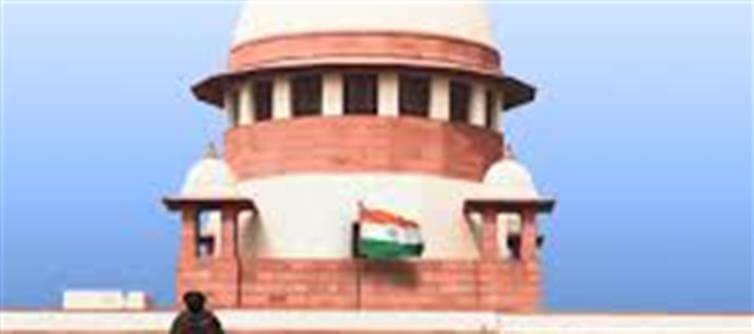
The Supreme court of India has clarified that motor vehicle tax is levied only for vehicles used or kept for use in “public places”. If a vehicle is confined to private premises and not used on public roads, the owner is not liable to pay road tax for that period.
Key Highlights of the Verdict
Compensatory Nature of Tax: The court noted that motor vehicle tax compensates for the use of public infrastructure, such as roads and highways. If a vehicle does not benefit from public facilities, tax liability should not arise.
Legal Basis: Section 3 of the Andhra Pradesh Motor Vehicle Taxation Act, 1963 governs motor vehicle taxation. The supreme court emphasized that the term “public place” is central to the levy of this tax.
Case Background:
A logistics company operating since 1985 deployed 36 vehicles within the central dispatch yard of Rashtriya Ispat Nigam Limited (RINL) in Visakhapatnam.
The yard is enclosed with controlled access, and no member of the public can enter.
The company requested exemption from motor vehicle tax for this period, citing section 3.
High court History:
A single judge initially ruled in favor of the company, ordering a refund of ₹22.71 lakh.
A division bench later overturned the order, prompting the appeal to the supreme Court.
Supreme Court’s Observation
Vehicles confined within private premises, like RINL’s dispatch yard, are not “used in a public place”.
Tax liability accrues only when a vehicle is used or intended to be used on public roads.
The court allowed the company’s appeal, confirming exemption from tax for vehicles operating exclusively on private premises.
Implications
This ruling clarifies that road tax is not payable for vehicles restricted to private or closed facilities, providing relief to businesses operating internal logistics fleets within industrial compounds, campuses, or other controlled areas..jpg)




 click and follow Indiaherald WhatsApp channel
click and follow Indiaherald WhatsApp channel